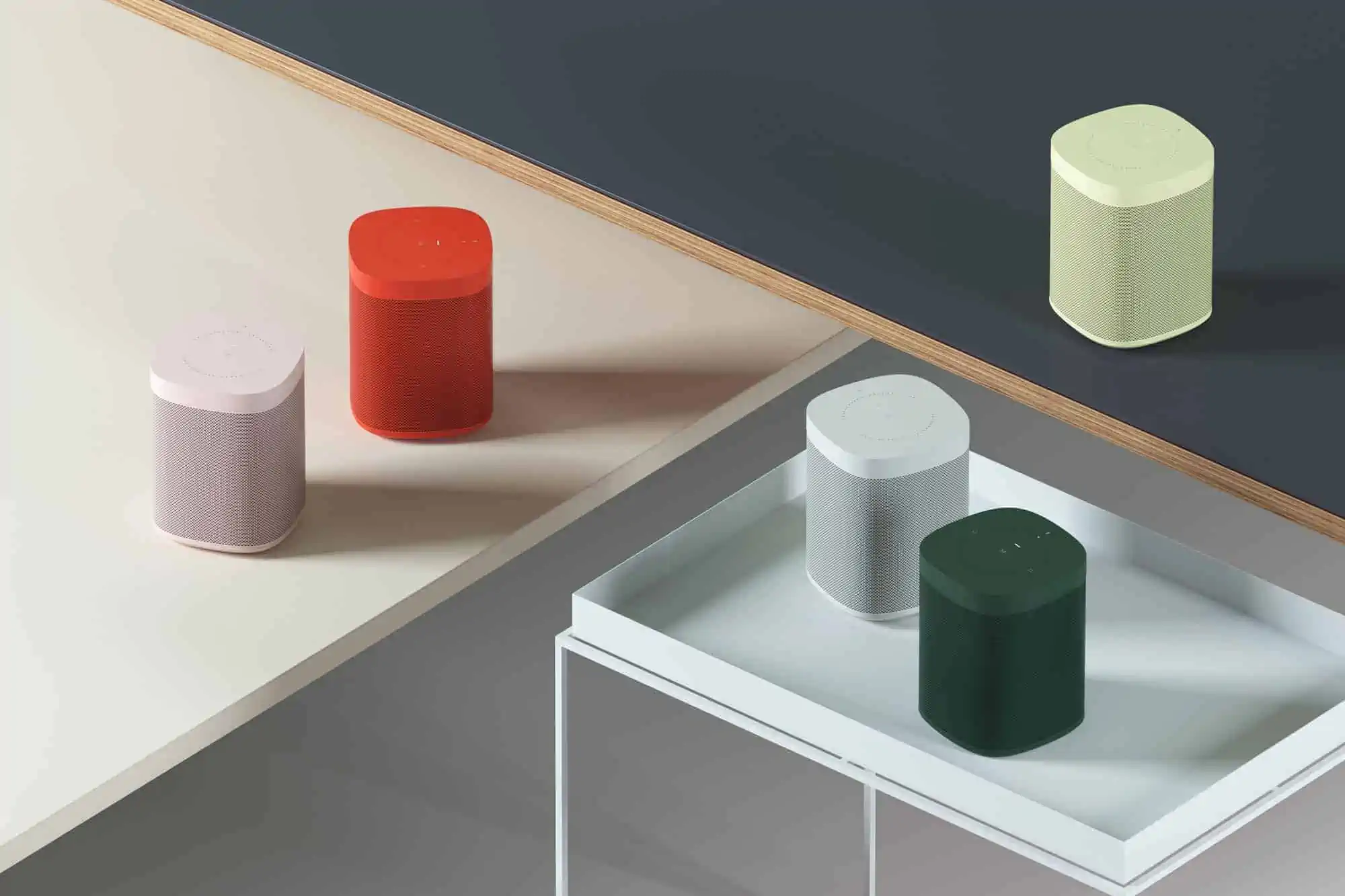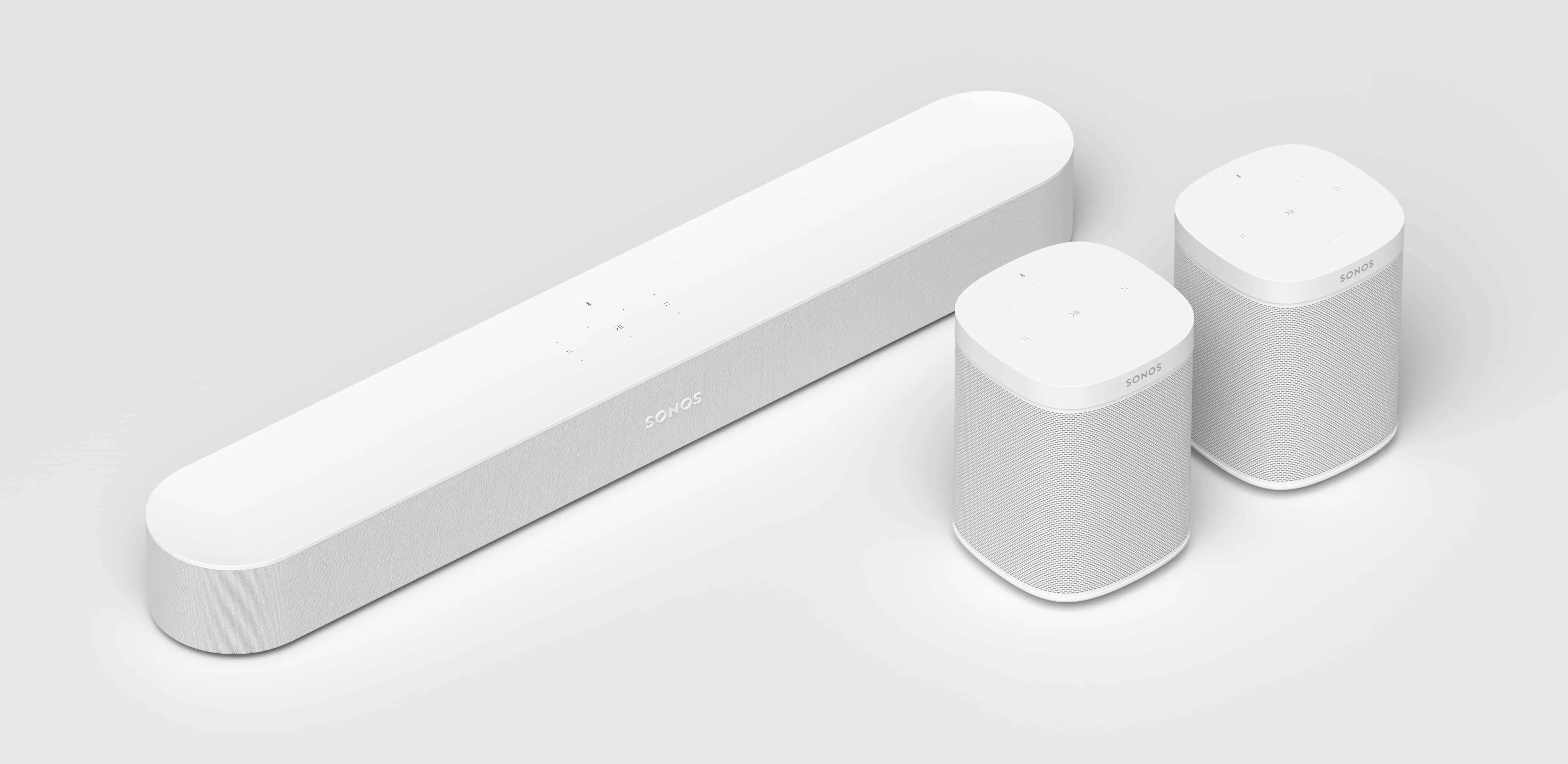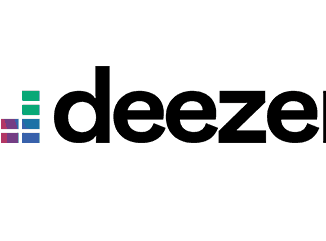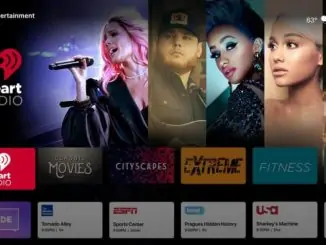
Sonos filed papers with the US Securities and Exchange Commission for an initial public offering (IPO). The multi-room audio company was founded in 2002 and by 31st March this year had sold 19 million products in roughly 6.9 million households around the world.
Despite being the leading company in the multi-room audio business with sales of $992.5 million in revenue in the 2017 – a 10% increase on 2016 – it wasn’t enough to turn a profit and the company ended their financial year with a net loss of $14.2 million. Sonos could be valued at as much as $3bn when it goes public and the company is hoping that its IPO will help it raise $100m to help finance further expansion and product development as it competes against Apple’s HomePod and Amazon’s Echo family of smart speakers.
The filing reveals some interesting facts around Sonos’ business. Sonos customers buy on average nearly 3 speakers suggesting that people who buy one Sonos device go on to buy more. 60% of Sonos’ customers are repeat buyers and it estimates that customers collectively listened to 5bn hours of audio on Sonos products last year, up 33% on the year before. The company says that its customers tend to listen to 80% more music after buying their first Sonos product. The company also notes that 55% of its revenues are generated outside the United States.

Sonos’ IPO filing comes soon after the release of its new ‘smart’ soundbar, Beam, which connects to a TV set and uses Amazon’s Alexa virtual assistant. The company is hoping to capitalise on investor interest in virtual or voice assistants combined with music streaming services such as Spotify.
Are Smart Speakers the future of Streaming?‘Advances in artificial intelligence and voice technology are transforming [the internet] from something we tap and scroll to something we talk and listen to,’ Patrick Spence, Sonos’ chief executive, wrote in a letter to prospective investors. Growth has accelerated since last October’s introduction of the Alexa powered Sonos One speaker. Sales were up 18% to $655.7m in the six months to March 2018.
Sonos points out that its current business model is highly reliant on integration with other services and partners like Spotify, Apple and Amazon. Both Apple and Amazon offer competing products (Apple HomePod and the Amazon Echo family) and this dependency also presents the company with the risk that they could lose Apple Music and Amazon’s Alexa virtual assistant technology. There are plans for Sonos to support Google Assistant as well as Alexa in the future in what the company insists is its commitment to offering an ‘open’ platform for its customers.




